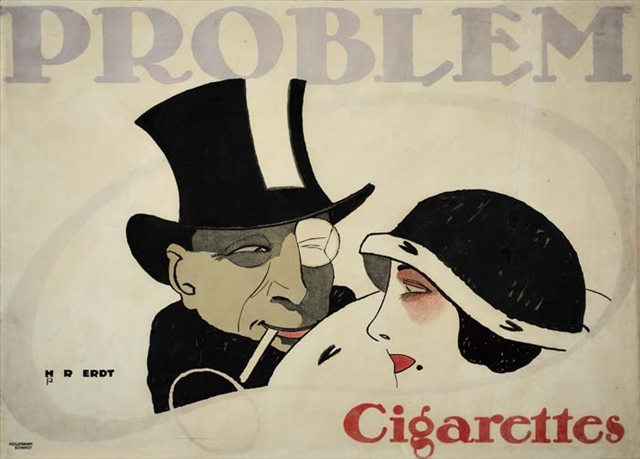Hello! It sure has been a while...
I'm finally able to bring 1066 Wasn't All That back from suspended animation and to relaunch I've recorded a "swapcast" interview with the podcast Ask An Archaeologist. If you want to hear a little about what I've been up to in the past four years (finished my PhD, worked on a few projects with a museum, filled out a lot of job applications, then decided not to fill out any more) then you can listen to the full recording here: https://askanarchaeologist.podbean.com/feed/
More interestingly, you'll also hear archaeologist and comedian Paul Duncan McGarrity talk about common misconceptions about archaeological research and why pubs are his favourite type of building to study (it has nothing to do with what they sell). I'll post a shorter version of the recording on Sunday, covering just Paul's material.
Beyond this, I'm making a few changes to my original plan for the podcast. It's still largely a one-woman project and scheduling regular interviews with busy researchers (who do more than enough work for free as it is) was difficult enough even before I got a full-time job outside of academic history. I also need deadlines and a sense of completion occasionally to keep myself motivated. So here's the plan:
The first four episodes shall henceforth be known as Series One.
Welcome to Series Two.
Series Two will have several types of episode, hopefully at a rate of two per month. There will be the original format of interview about someone's ongoing research, whenever I can make this happen. There will also be solo episodes in which I talk about the types of evidence I used in my own PhD research and some of the problems and rabbit-holes which that involved. There may also be a few special episodes where I invite a guest to talk us through a specific topic, such as a type of source or a phenomenon that poses a particular problem for historians. I have some ideas in this direction but would be delighted to hear suggestions.
At some point, Season Two will give way to another extended break, though I will try to keep this to less than four years.
There are a lot of reasons why I had to stop the podcast after the first four episodes but almost as many reasons to have another crack at it now. One big thing is the fact that I really miss talking to other researchers. I am incurably curious about the things that other people are excited about, however dry they may seem on the surface. This is a passion project for me and I'm thrilled that a few other people have been listening along.
Another reason to continue is that in spite of the proliferation of podcasts that cover history topics or that examine questions of evidence, there's not much of any media that does both - that takes its audience deep into the issue of exactly how we know the things that we think we know about the past. How do researchers use different forms of historical evidence? How do they deal with the ambiguities and the gaps? How do they take this imperfect, accidental mess that the past has left to us and put together an account of that past which is more accurate than our previous understanding?
The past continues to be invoked to justify current policies, campaigns and conflicts. At the same time, the very concept of expertise has been publicly dismissed by some, and certain types of historical research are attacked as being self-indulgent, irrelevant, insufficiently rigorous or just plain invalid. If we allow this disparagement to stand unchallenged, it would be a tragic waste of the progress which has been made towards a better understanding of ourselves, our cultures, our politics and our future. I'm not claiming that historians can save the world but I do think that the types of critical thinking that historians and other researchers use in their study of the past could also be useful outside of academia. I want as many people as possible to be able to benefit from the techniques we've developed and the knowledge we've gained. Neither of these belong behind a paywall.

